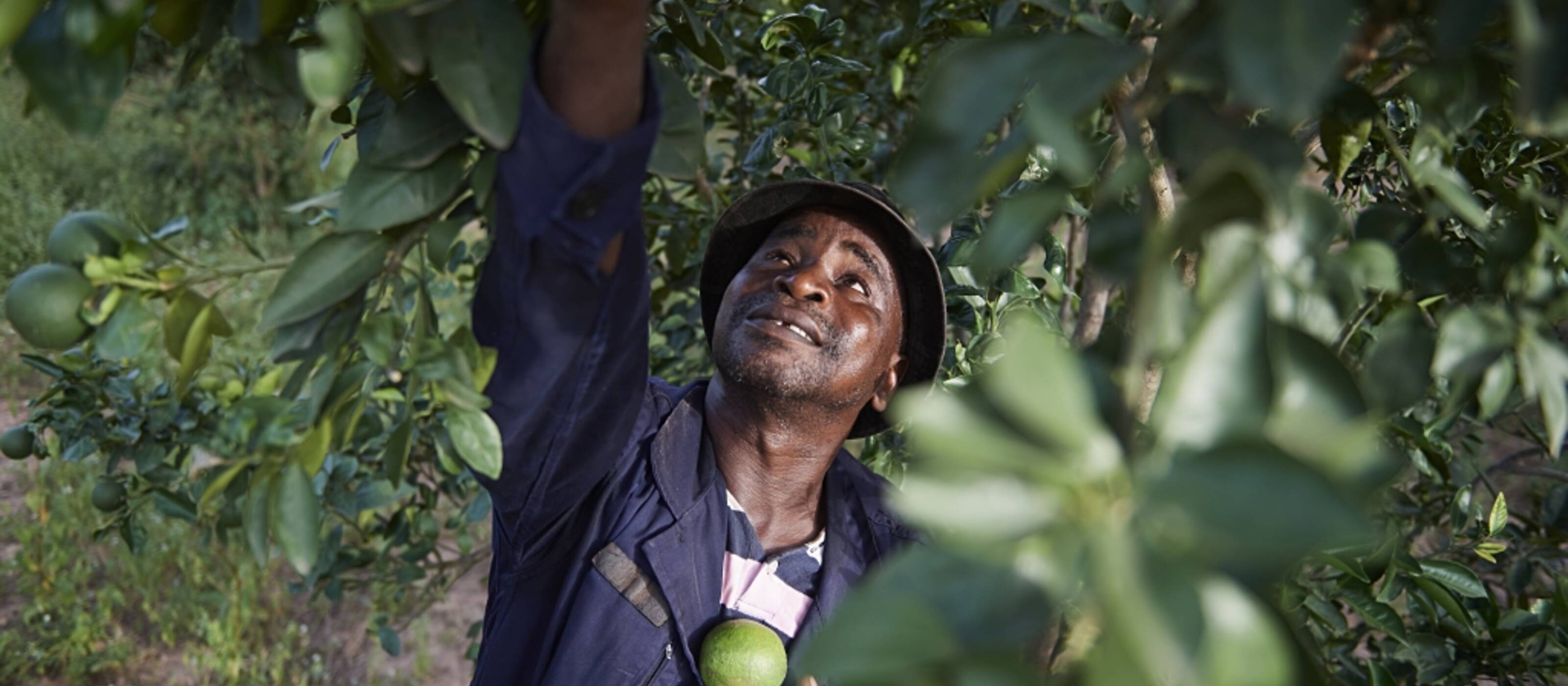

Mali
Die meisten Menschen in Mali leben im südlichen Teil des Landes, wo die beiden Flüsse Niger und Senegal für fruchtbare Böden sorgen. Der Norden erstreckt sich bis in die Wüste Sahara. Mali ist bekannt für seine Musik und Literatur, die weit über die Landesgrenzen hinaus geschätzt werden. 1960 erlangte Mali die Unabhängigkeit von Frankreich. Das heutige Mali ist geprägt von politischen Unruhen und bewaffneten Konflikten.
Mali gehört zu den ärmsten Ländern der Welt. Caritas Schweiz engagiert sich seit 1972 für gefährdete Bevölkerungsgruppen im Land. Aktuell unterstützt sie Kleinbäuerinnen und -bauern dabei, mit klimatischen Veränderungen umzugehen und ihre Einkommensmöglichkeiten nachhaltig zu verbessern. Punktuell leistet Caritas in Mali auch Nothilfe und unterstützt migrierende Kinder.
Überblick in Zahlen
Quellen: Human Development Report, UNESCO, UNFPA (Stand 2023)
- Gesamtbevölkerung: 23.3 Millionen
- Armutsindex (Anteil der Armutsbetroffenen): 68.30%
- Wohlstandsindikator (total 193 Staaten): Rang 188
- Bruttonationaleinkommen pro Kopf: USD 2'044
- Lebenserwartung bei der Geburt: 59.4 Jahre
- Kindersterblichkeit: 9.4%
- Alphabetisierungsrate (ab 15 Jahren): 30.8%
- CO2-Ausstoss pro Kopf: 0.2 Tonnen
Caritas-Projekte im Land
Caritas Schweiz vor Ort
Titelbild: Nachhaltige Landwirtschaft ist eine wichtige Komponente in den Projekten in Mali. © Fabian Biasio